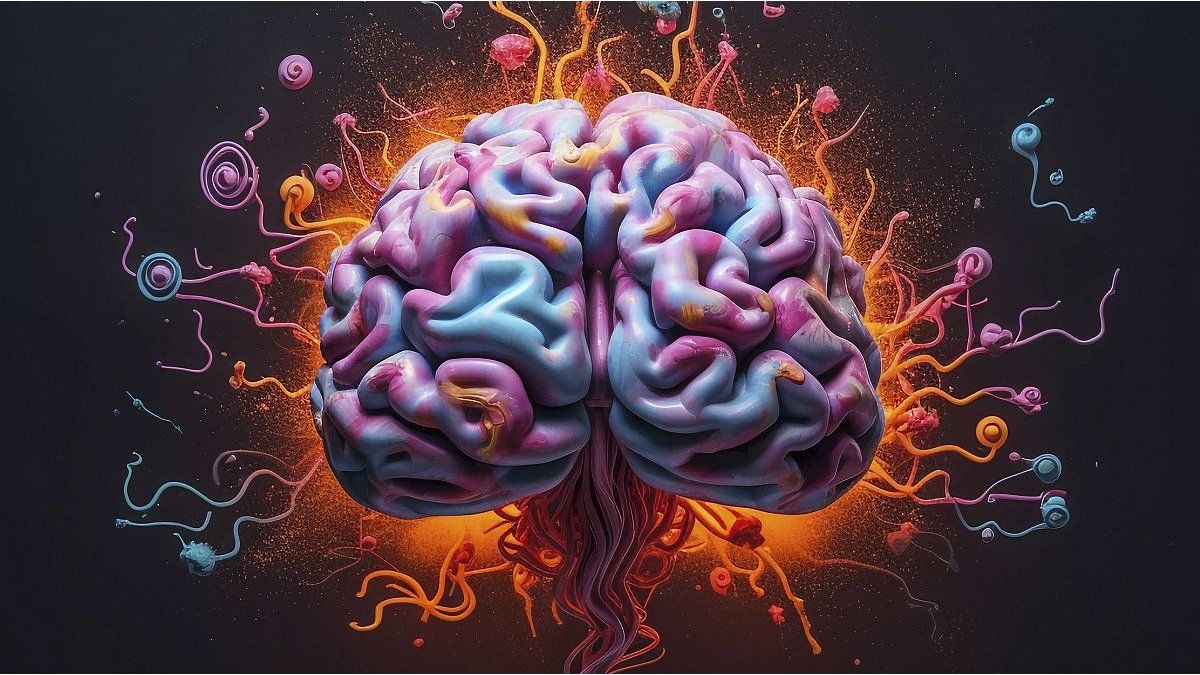Amelí She is a friend’s daughter. From his birth, neuropathy prevented him from developing his motor skills in a normal way. For her, independence is not something given, but a challenge that faces day to day. One of his options to move with greater freedom is the use of artificial intelligence. The Artificial intelligence You could detect your involuntary movements, find them and help you control your body more precision. But the most interesting thing about this process is not only that AI assists it, but, in a way, it teaches its brain. By identifying error patterns and correcting them, the AI trains its nervous system to respond in a different way. Over time, your brain It can relear and adapt, molded by a system that understands its operation better than it could do it.
This case, which in principle is a story of overcoming and technology at the service of autonomy, also raises a disturbing issue: when an AI learns about us to the point of anticipating our movements and influencing them, Is our decision still?
The development of brain-machine interfaces has opened a fascinating path: that of technology that not only helps us, but also molds us. Today, IA can predict motor patterns and correct them. Tomorrow, they could anticipate our thoughts, emotions and reactions. If a system like Amelí’s can tell your brain which movements should avoid, What prevents an AI from doing the same with our decisions and thoughts?
As these technologies evolve, the border between assistance and control becomes diffuse. When an AI is able to detect an error before you commit it, correct your action and retrace your brain so as not to repeat it, Who really has control?
The possibility that AI interacts with our mind at such deep levels forces us to ask ourselves about our neurodes. Unlike other technological advances, we do not talk only about personal data or consumption preferences. We talk about the very essence of our cognitive identity.
- Right to mental privacy: if an AI can analyze our neuronal patterns, how do we guarantee that this information is not used without our consent?
- Right to cognitive autonomy: if an AI can resent our way of thinking or acting, are we still completely owners of our decisions?
- Right to neuronal identity: Can an AI alter our perception of reality without noticing it?
If a technology is able to predict what we are going to say before we say it, correct what we think before we express it and modify what we feel before we understand it, how much of our identity is still truly ours?
At present, there are already systems that can foresee elections before people are aware of them. A brain scanner can detect, for example, if someone is moving their hand before making the conscious decision to do so. With enough information, an AI could know our impulses and motivations even before ourselves.
This leads us to a paradox: if artificial intelligence can anticipate our reactions, thoughts and desires better than our own conscience, to what extent do we remain agents of our own will?
The story of Amelí It is a reflection of what could happen with all of us in the future. Today, AI helps you recover control over your body. But if AI continues to learn, if you continue to predicted better, if you continue optimizing our decisions before we make them, when do we go from being assisted to be guided?
In the future where AI assists us in every thought and decision, the big question will not be how much can help us, but how much we remain.
Technologist, founder and executive director of Iurika Intelligence.
Source: Ambito
David William is a talented author who has made a name for himself in the world of writing. He is a professional author who writes on a wide range of topics, from general interest to opinion news. David is currently working as a writer at 24 hours worlds where he brings his unique perspective and in-depth research to his articles, making them both informative and engaging.




